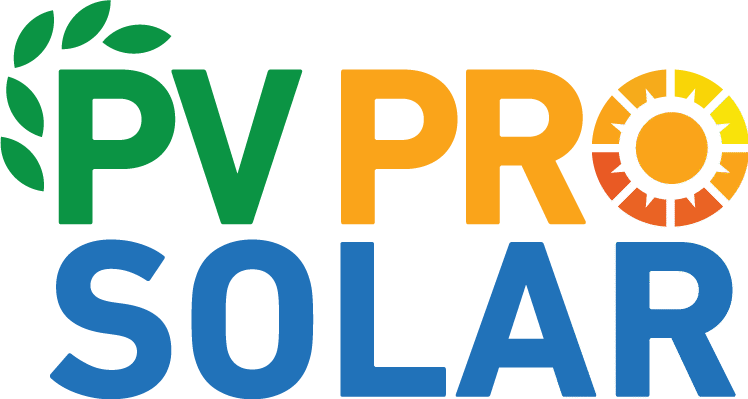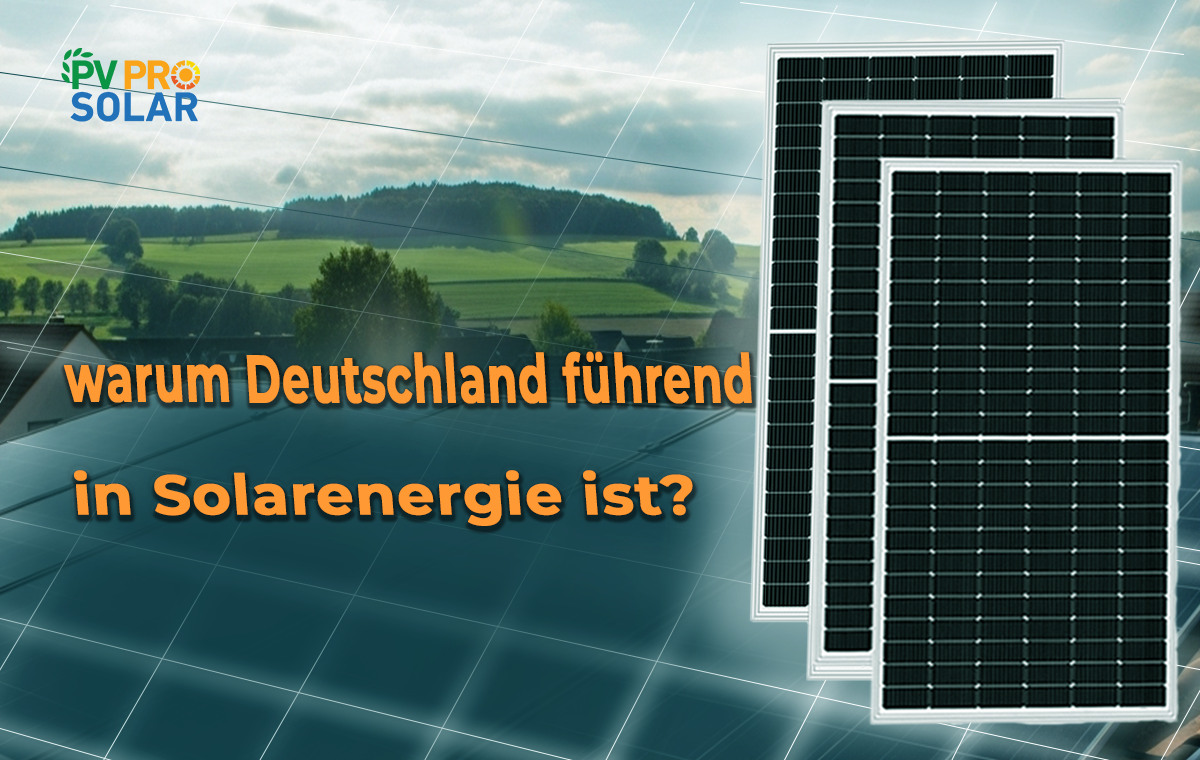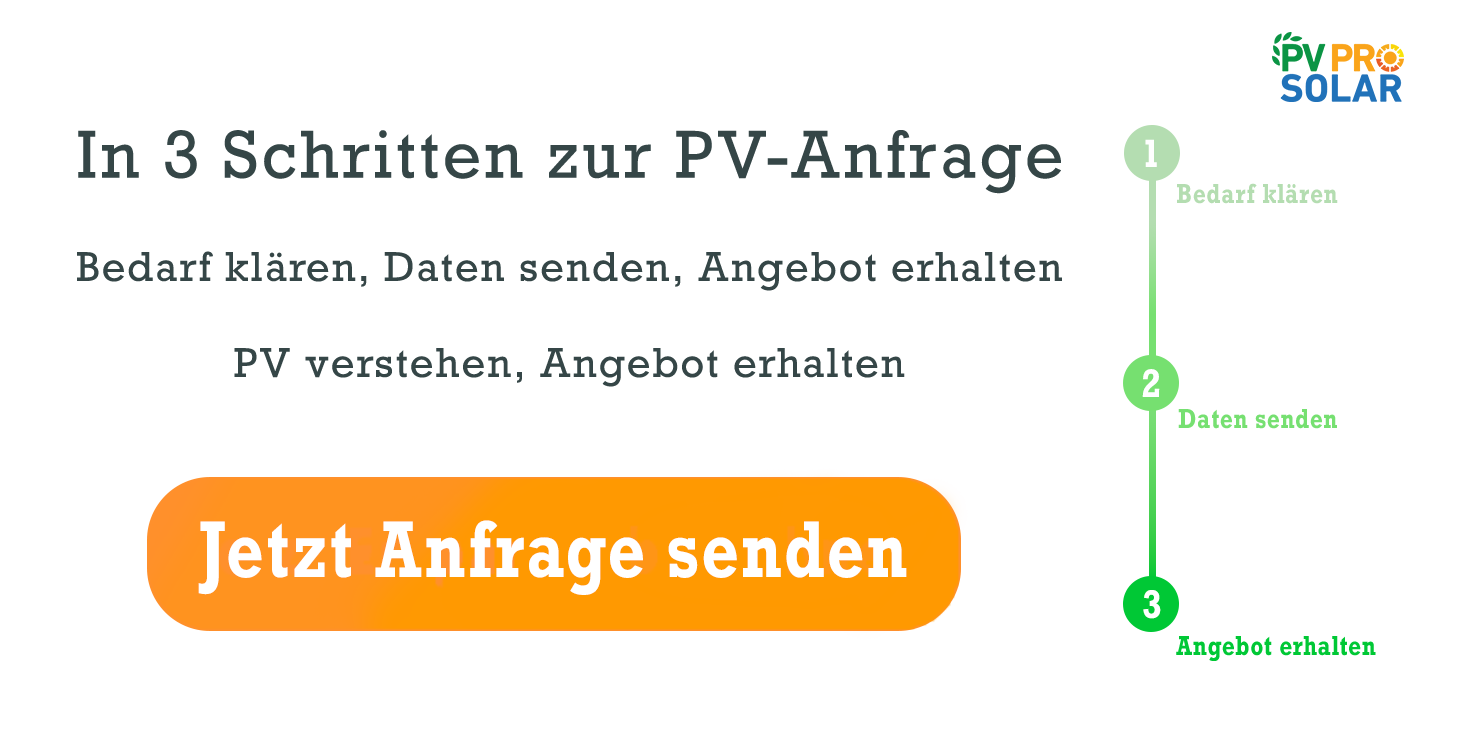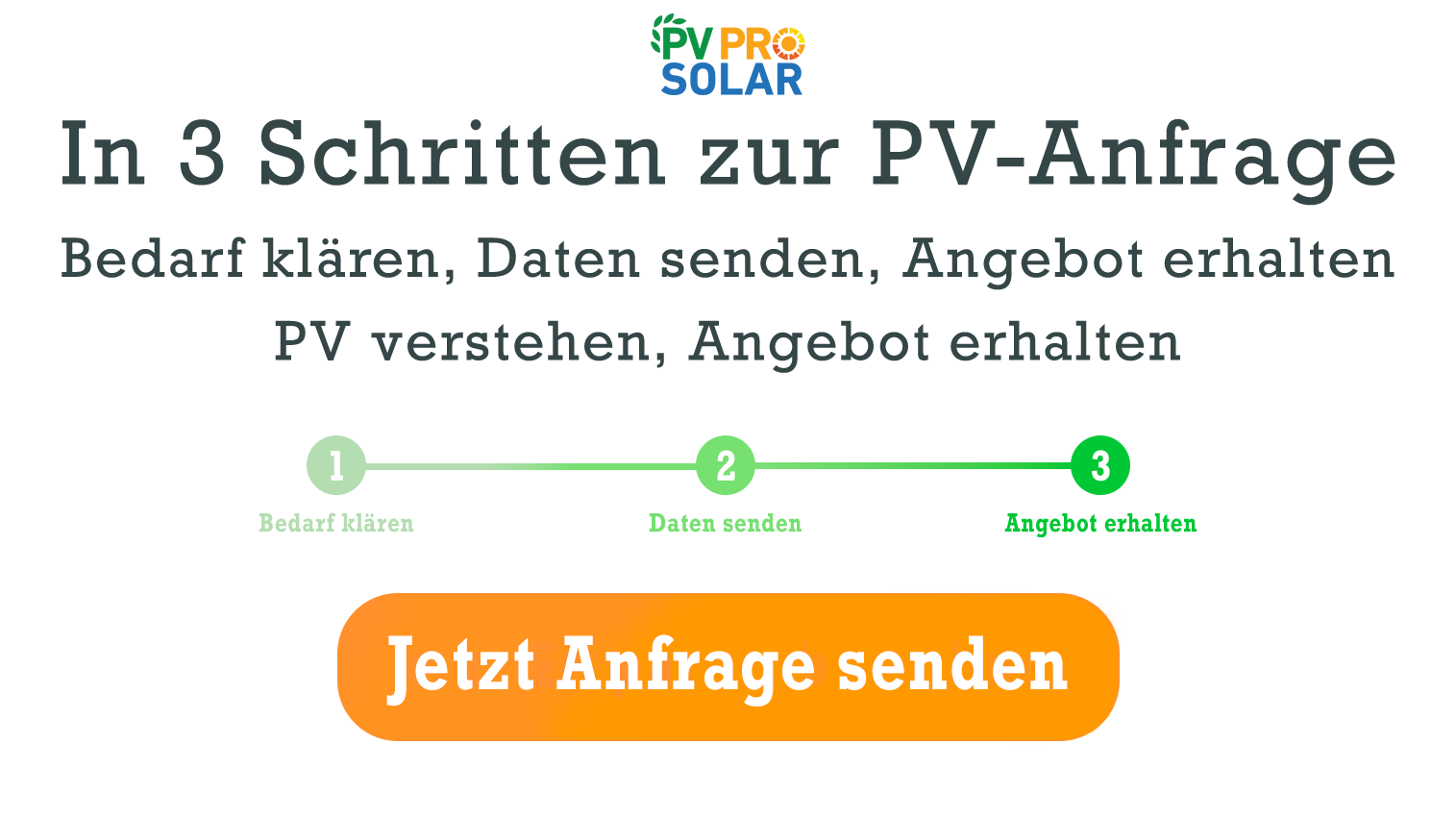Why is Germany a Leader in Solar Energy? Key Facts and Trends 2025
Germany has emerged as a global leader in solar energy due to strategic investments, cutting-edge technology, and strong government support. Households and businesses alike benefit from reduced energy costs and sustainable solutions. This article explores the reasons behind Germany’s success in solar energy, the technologies driving growth, the role of policies and incentives, and what the future holds for the German photovoltaic market.
Why has Germany invested heavily in solar energy?
Germany has defined a clear energy transition strategy focused on renewable sources, with photovoltaics as a central element.
How does solar energy improve energy security?
Germany reduces dependence on fossil fuel imports, particularly after geopolitical crises. Solar energy provides a stable domestic energy source.
How does photovoltaics help reduce CO2 emissions?
Solar panels significantly contribute to Germany’s climate goals by lowering greenhouse gas emissions from energy generation.
What are the economic benefits for households?
Homeowners can save up to 40 percent on electricity costs by using solar energy for self-consumption. Combined with battery storage, households can become less dependent on the grid.
Which regions lead in solar adoption?
Niedersachsen, including Hannover, Bremen, and Wolfsburg, shows high installation rates due to local incentives, municipal programs, and public awareness campaigns.
How does retrofitting impact the solar market?
Germany invests not only in new buildings but also in retrofitting existing homes with solar panels and storage systems to maximize efficiency and reduce electricity bills.
Which technologies drive the solar energy market in Germany?
Technological innovation is key to efficiency, yield, and long-term viability in solar energy.
What are the advantages of monocrystalline solar panels?
- Efficiency up to 22 percent
- Ideal for small roofs and urban areas
- Lifespan of 25–30 years
Why are polycrystalline panels popular?
- Lower cost than monocrystalline panels
- Slightly lower performance but reliable
- Common choice for private households in Niedersachsen
How do thin-film solar modules contribute?
- Flexible and lightweight, suitable for industrial buildings and solar facades
- Moderate efficiency but cost-effective for large-scale installations
How important are photovoltaic storage solutions?
- Lithium-ion batteries allow up to 80 percent self-consumption
- Reduce grid dependency and electricity costs
- Bremen promotes storage through subsidies
What role do smart grids and monitoring systems play?
- Connected systems optimize energy consumption and feed-in
- Remote monitoring increases efficiency and lowers maintenance costs
How do government incentives support solar adoption in Germany?
Public policies make solar investment more attractive.
What funding options exist for households?
- KfW loans: low-interest financing for residential solar installations and storage systems
- EEG feed-in tariffs: guaranteed payments for electricity fed into the grid for up to 20 years
- Tax benefits: depreciation options reduce business investment costs
How do regional programs promote solar energy?
Hannover, Bremen, and Wolfsburg offer extra grants, campaigns, and advisory services for households and companies, boosting local solar penetration.
How do households and businesses use solar energy?
Solar energy is relevant across all market segments.
How do households balance self-consumption and grid feed-in?
- Maximize self-consumption to lower electricity bills
- Feed excess electricity into the grid using smart meters
How do businesses benefit from large solar installations?
- Companies like Volkswagen in Wolfsburg use extensive roof space for electricity generation
- Solar energy reduces operational costs and supports sustainability certification
Are there real-world examples of solar success?
- Hannover invests in municipal solar projects on schools and government buildings
- Bremen combines private rooftop systems with storage incentives
How does innovation and research impact solar energy in Germany?
Germany invests heavily in R&D to increase efficiency and economic viability.
What are high-performance solar modules?
New materials improve efficiency from 20 to 25 percent, maximizing energy output from limited roof space.
How do advancements in battery technology help?
Lithium-ion and solid-state battery improvements enhance storage capacity, efficiency, and lifespan.
How does digitalization improve solar efficiency?
Remote monitoring, AI-driven optimization, and smart home integration reduce energy waste and operational costs.
Which institutions lead solar research?
Fraunhofer Institutes focus on new solar cells, system integration, and technological innovations.
What challenges does Germany face despite its leadership in solar energy?
How does weather affect solar production?
Variable sunlight requires smart energy storage to maintain supply stability.
What are the grid stability challenges?
Large feed-in fluctuations create pressure on local energy networks.
How do bureaucratic procedures affect solar projects?
Permits and regulations can delay installations, especially in cities like Hannover and Wolfsburg.
How does competition from other renewables play a role?
Wind power, biomass, and other renewable sectors compete for funding and incentives.
What does the future of solar energy in Germany look like?
- Market growth: over 100 GW installed capacity expected by 2030
- Smart cities: Hannover and Bremen integrate solar into urban planning
- Export potential: German technology and expertise are in global demand
- Political support: Energy transition policies guarantee long-term incentives
- Household adoption: Solar with storage will become standard, particularly in Niedersachsen
The combination of technology, policy, and citizen engagement will maintain Germany’s leadership in solar energy.
Germany remains a global leader in solar energy through innovation, government support, and the active participation of households and businesses. Despite challenges like variable weather and grid pressure, the solar market continues to expand. Future growth promises higher efficiency, smart storage solutions, and integration into sustainable cities. Investing in solar energy in Germany offers cost savings, independence, and a meaningful contribution to the energy transition.
Privathaushalte sparen Stromkosten, erhalten Einspeisevergütungen und leisten einen Beitrag zur CO₂-Reduktion durch eigene, staatlich geförderte Photovoltaikanlagen.
Hannover, Bremen, Wolfsburg und andere Städte in Niedersachsen zählen zu den führenden Regionen mit hoher Nutzung und Installation von erneuerbaren Systemen. Wie profitieren Privatpersonen von der Solarenergie in Deutschland?
Welche Städte in Deutschland sind besonders führend bei der Solarenergie?










